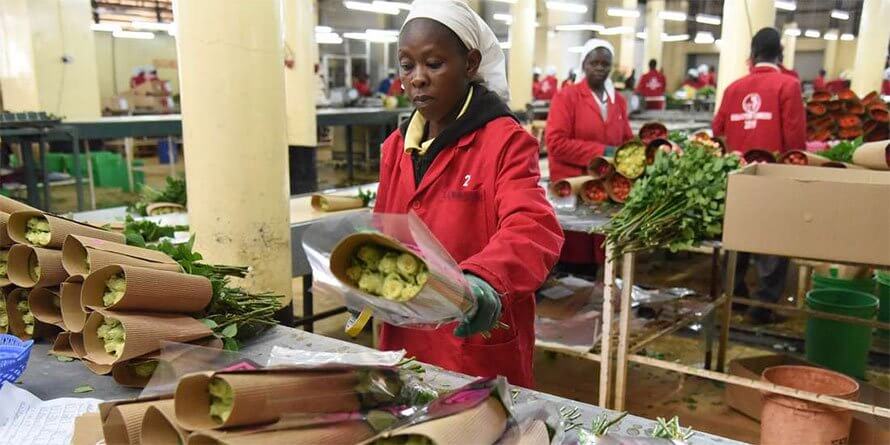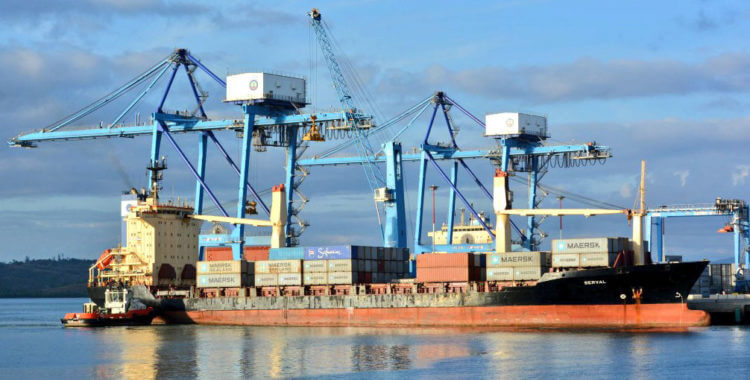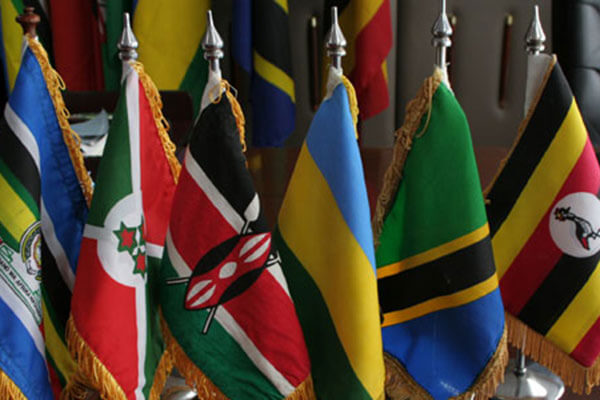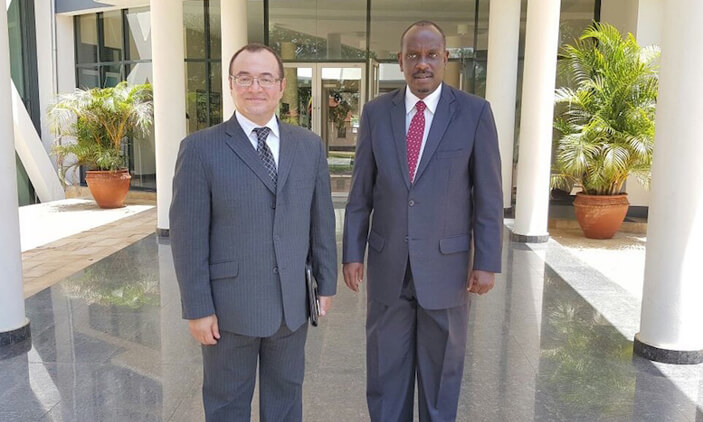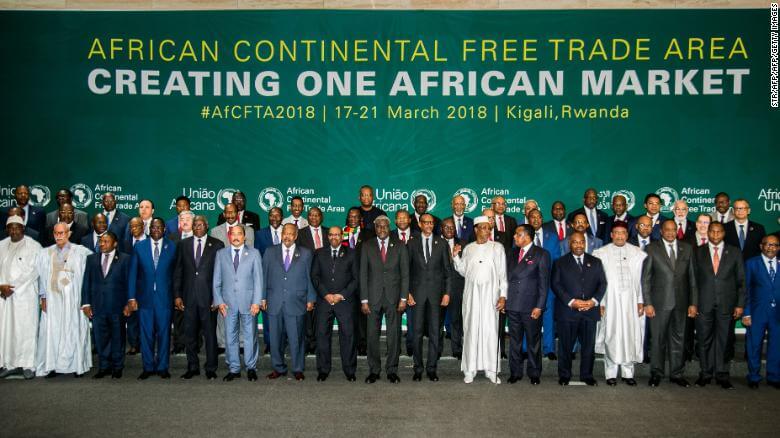Horticulture produce is expected to drop in the next month as the sector reels from the effects of heavy rains and diseases that have slowed down production amid rising orders in the European market. Fresh Produce Consortium (FPC) chief executive Ojepat Okesegere anticipates production to fall by between 20 and 30 percent because of heavy rains that came with pests and diseases. Europe, which is Kenya’s main market, has been easing restrictions as it opens up the economy following months of lockdown to curb the spread of coronavirus. “The shortage is as a result of a number of things that include too much rain, transitioning of the crops from the old to the new one and a lack of motivation as farmers relaxed when their orders were cancelled during the Covid-19 lockdowns,” he said. Mr Okesegere said the new crop is expected to get to the market after a month and would boost Kenya’s export market as the industry slowly recovers from the shocks. The decline in volumes comes at a time the number of international airlines at the Jomo Kenyatta International Airport (JKIA) have gone up following high demand for freight services for horticulture produce. The latest entrants are British Airways and Singapore Airlines which had stopped plying the route following restrictions put in place and low demand for horticultural produce in Europe after many orders were cancelled. Airlines have also increased frequencies with Ethiopian Airlines flying daily from JKIA, KLM three times a week with KQ also making a...
Rainfall hits fresh produce exports as EU orders rise
Posted on: May 27, 2020
Posted on: May 27, 2020

